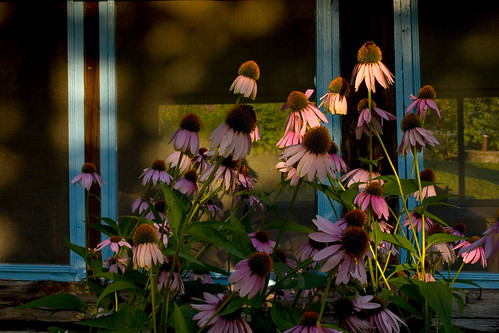Social Essays
Norwegian Homestead

"Pause to wonder, peace is nature, nature is peace", so goes an old Nordic proverb.
While Norway is rated the most peaceful country in the world, according to a 2007 survey by the Global Peace Index, it's not without its warring past. Norway formed an allegiance with Napoleon in the early 1800s after Denmark-Norway was attacked by Great Britain. Norway then warred with Sweden, before it entered reluctantly into a decades-long union, separating peacefully from Sweden in 1905.
Norway began to romanticize its rural heritage in 1840, when immigration to the U.S. had also largely stopped. Traditions of storytelling, legends and fairy tales, along with woodcarving, silver smithing and folk music took hold.
Wisconsin and other towns in the Upper Midwest maintain very strong Norwegian influences, celebrating holidays and culinary customs, and observing Lutheran-Evangelical services.
Farmers in Norway still produce their goods, mostly food, to sustain themselves, continuing the old tradition of "self preserving", a philosophy that has always been strong in Norway.
Today Norway is considered to be one of the richest countries in the world, with large reserves of petroleum and natural gas. It is also the largest exporter of fish. While cost of living is high, vast natural resources and a smaller population give Norway a high standard of living. Its harsh agricultural history is often credited with contributing to Norway's egalitarian values.
Today there are an estimated 12-million Americans of Scandinavian ancestry, though Norwegians were the most numerous group. Minnesota holds the most with Norwegian ancestry, while the number in Wisconsin is now about equal to those in California. Norwegians fanned out into other states also, including Washington, North Dakota, Illinois, Iowa, Oregon, Texas and South Dakota.
The five largest ancestry groups in Wisconsin are German (43%), Irish (11%), Polish (9%), Norwegian (9%) and English (7%).
While Norway is rated the most peaceful country in the world, according to a 2007 survey by the Global Peace Index, it's not without its warring past. Norway formed an allegiance with Napoleon in the early 1800s after Denmark-Norway was attacked by Great Britain. Norway then warred with Sweden, before it entered reluctantly into a decades-long union, separating peacefully from Sweden in 1905.
Norway began to romanticize its rural heritage in 1840, when immigration to the U.S. had also largely stopped. Traditions of storytelling, legends and fairy tales, along with woodcarving, silver smithing and folk music took hold.
Wisconsin and other towns in the Upper Midwest maintain very strong Norwegian influences, celebrating holidays and culinary customs, and observing Lutheran-Evangelical services.
Farmers in Norway still produce their goods, mostly food, to sustain themselves, continuing the old tradition of "self preserving", a philosophy that has always been strong in Norway.
Today Norway is considered to be one of the richest countries in the world, with large reserves of petroleum and natural gas. It is also the largest exporter of fish. While cost of living is high, vast natural resources and a smaller population give Norway a high standard of living. Its harsh agricultural history is often credited with contributing to Norway's egalitarian values.
Today there are an estimated 12-million Americans of Scandinavian ancestry, though Norwegians were the most numerous group. Minnesota holds the most with Norwegian ancestry, while the number in Wisconsin is now about equal to those in California. Norwegians fanned out into other states also, including Washington, North Dakota, Illinois, Iowa, Oregon, Texas and South Dakota.
The five largest ancestry groups in Wisconsin are German (43%), Irish (11%), Polish (9%), Norwegian (9%) and English (7%).